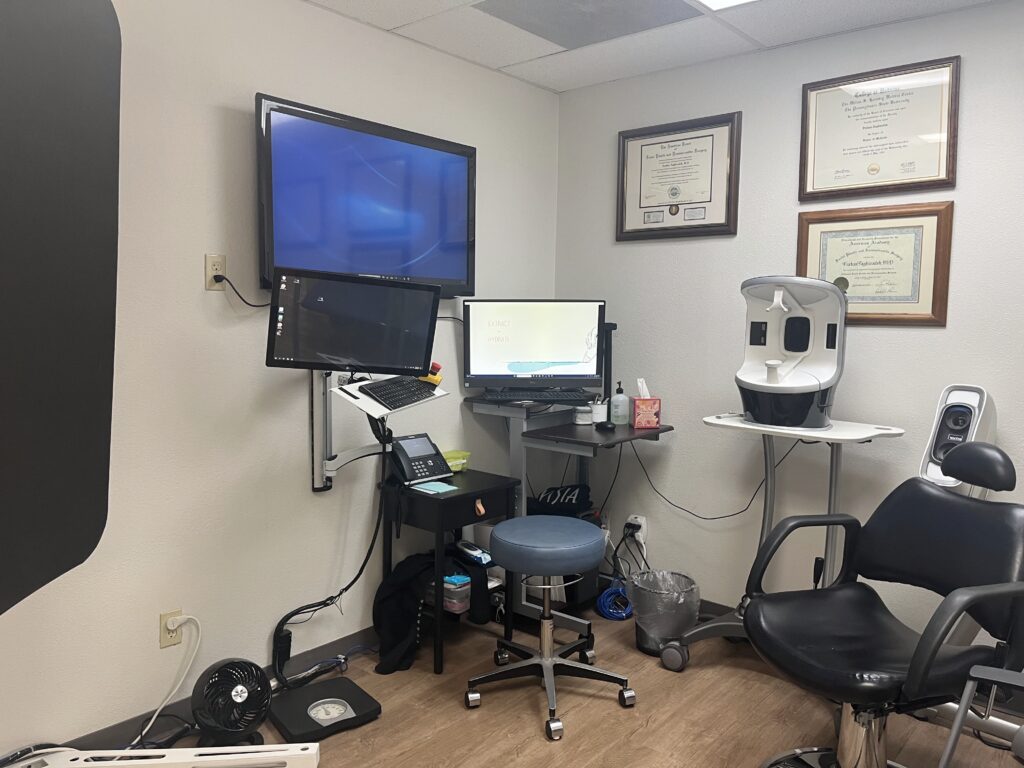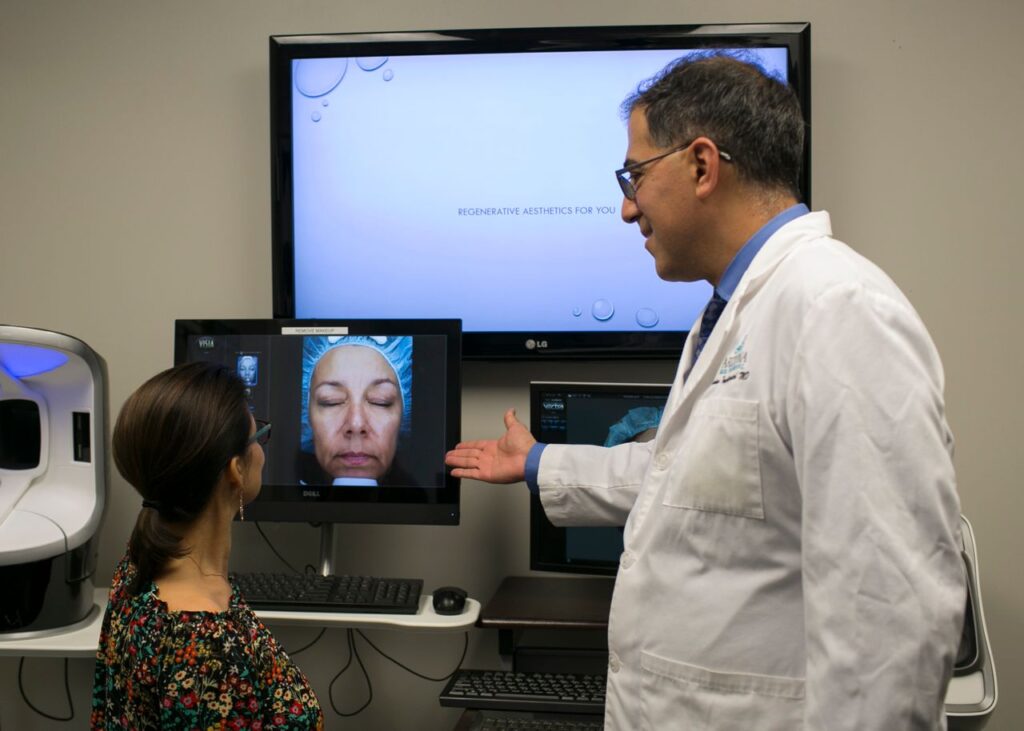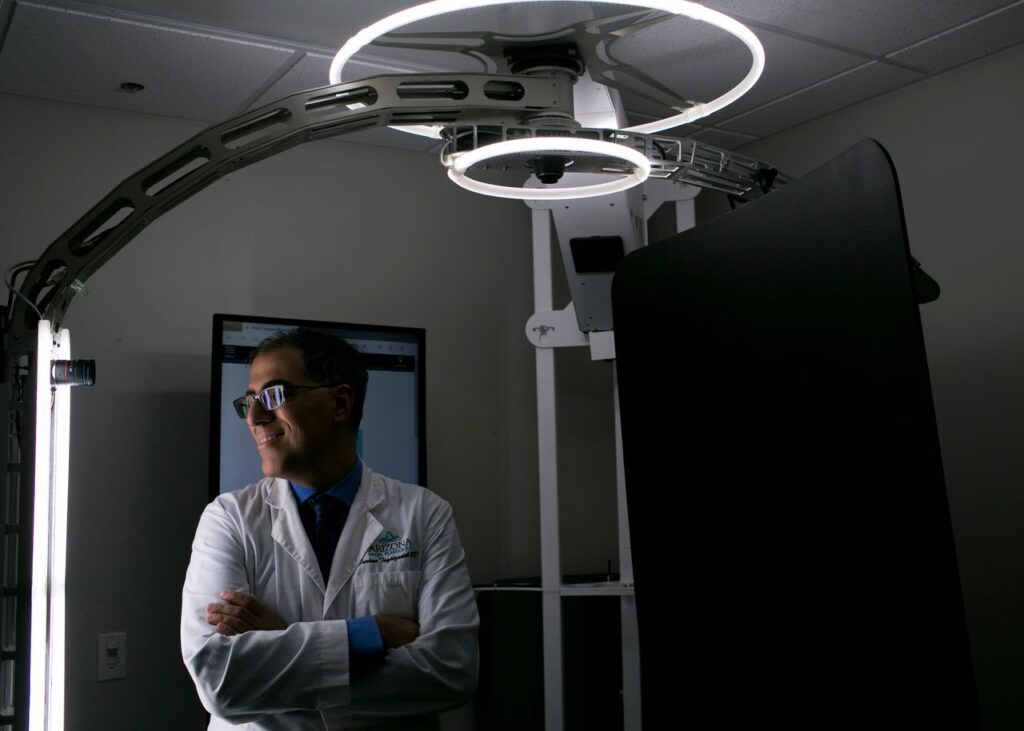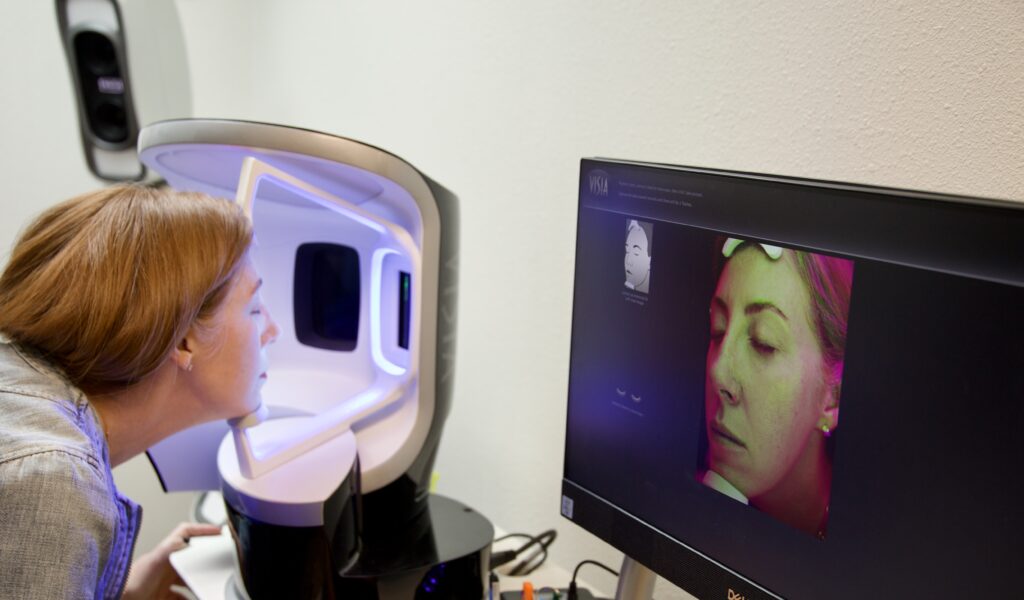Med Spa in Phoenix, AZ

Computers have revolutionized cosmetic surgery, allowing surgeons to improve communication with their patients. While computers will never replace surgical techniques, imaging has helped surgeons educate and show their patients what various cosmetic procedures can achieve, and future innovations will only improve the accuracy of proposed changes from surgical procedures.
There are a number of computer imaging programs available that assist plastic surgeons in different ways. Computer imaging can help patients set realistic expectations and improve their confidence in their surgeon and the outcome of their desired procedure, and the ability to store patient information and images streamlines the consultation process.

Vectra 3D
Vectra 3D is an aesthetic imaging system that captures three-dimensional photographs of the face, neck, and décolletage. These images are then processed at a resolution of 36 megapixels to produce an accurate picture of the skin’s surface qualities. The program is able to digitally capture skin color, wrinkles, hyperpigmentation, and skin texture in fine detail. Vectra 3D’s zoom capabilities allow patients to view an accurate and up-close depiction of their skin and features with images that appear lifelike and true to reality.

Visia
Visia is a complexion photo assessment tool that detects all types of data about the skin, including skin type and facial features. Additional features allow doctors to analyze the results of eyelash treatments and assess conditions that affect the health of the skin beyond its surface, such as sun damage. Doctors can also record treatment information and save reports for future reference.
Visia’s components are highly customizable, which is crucial to helping patients establish their expectations and visualize the possible results of a particular cosmetic procedure. Showing patients a realistic simulation of the results they can expect has proven highly effective in convincing them to actually undergo their desired procedure.

Mirror
Mirror is a comprehensive digital imaging program with multiple simulation modules that show patients what they can realistically expect from a variety of surgical procedures. The mirror allows surgeons to record, store, and organize information about patients all in one place, and the program’s imaging modules contain special features for showing the possible outcomes of hair, breast, nose, and other procedures.
Mirror’s state-of-the-art body mapping module allows surgeons to quickly take accurate, close-up images of the entire body. This provides one of the most reliable means of monitoring and protecting the health of patients who have an increased risk of developing skin cancer and other skin conditions such as psoriasis.
